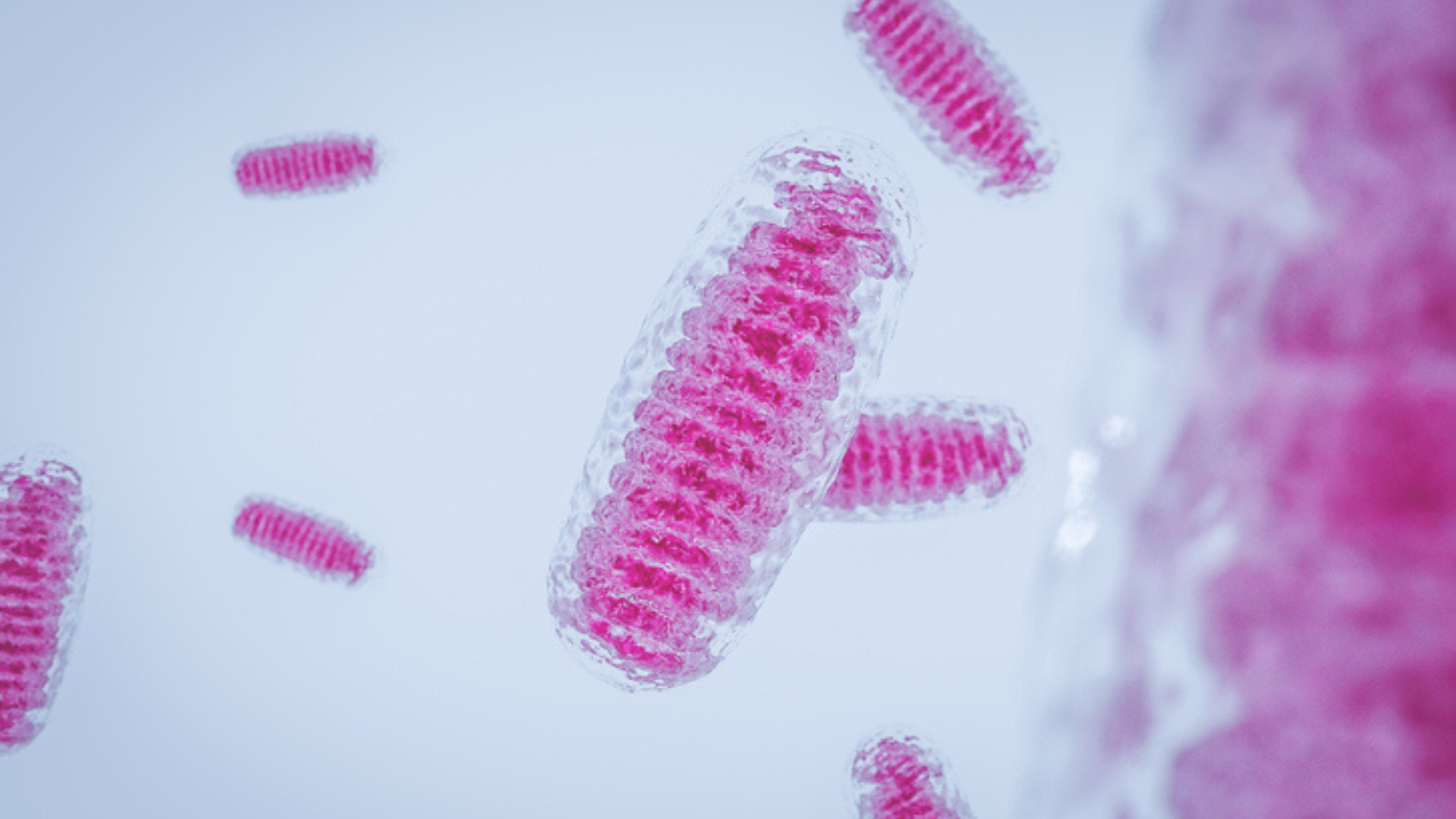Key Takeaways
-
Hormonal changes during ageing influence physical health, disease risk, and overall lifespan.
-
Different hormonal systems—such as gonadotropic, somatotropic, thyrotropic, prolactin, and corticotropic axes—play unique roles in longevity.
-
Understanding these changes helps you make lifestyle choices that support healthy ageing and extend vitality.
Did you know that Jeanne Calment, who lived to 122 years, is the longest-documented human lifespan on record? While genetics certainly played a role, scientists increasingly recognise that hormones—your body’s chemical messengers—are central to the ageing process. As you age, your hormone levels shift, influencing metabolism, bone strength, immunity and cognition.
This blog unpacks the fascinating science of age-related hormonal changes and their impact on health and lifespan, with a focus on evidence from clinical and population-based studies.
The Science of Ageing
Ageing is a natural process shaped by genetics, cellular changes, and lifestyle influences. Over time, the body’s systems may become less efficient, which can affect resilience and overall wellbeing. Hormones act as regulators of many of these processes, meaning their decline or dysregulation contributes to age-related frailty. While you may see ageing as simply getting older, science views it as a multi-dimensional shift across organ systems—including the endocrine system.
Hormonal Ageing in Women
For women, the most dramatic hormonal transition occurs during menopause, typically between ages 45 and 55. Estrogen and progesterone levels decline sharply, leading to changes in bone density, cardiovascular health, and cognitive function (R). This reduction contributes to a higher prevalence of osteoporosis and metabolic disorders among post-menopausal women. Research also suggests oestrogen has protective roles against neurodegeneration and heart disease, which may explain shifts in disease patterns after menopause (R).

Hormonal Ageing in Men
Men experience a more gradual decline in hormones, particularly testosterone, a phenomenon often referred to as “andropause.” Beginning around the age of 30, testosterone levels decrease by about 1% per year (R). Lower testosterone affects muscle mass, red blood cell production, bone density, and libido. Unlike women, men rarely experience a sudden hormonal transition, but the slow decline can still impact long-term health outcomes, including cardiovascular and metabolic risk.
Life Expectancy in Western Cultures
Australians today can expect to live well beyond their 80s, with women averaging slightly longer lifespans than men. In most Western countries, improvements in healthcare, nutrition, and lifestyle have extended life expectancy over the past century. Yet longevity is not just about the number of years, it’s about maintaining a high quality of life. Research shows that hormonal health plays a significant role in “healthspan,” or the years lived in good health rather than disability (R).
Hormonal Changes and the Ageing Body
Hormonal changes during ageing affect nearly every aspect of health. For example, the balance between anabolic (building) and catabolic (breaking down) hormones shifts towards catabolism, leading to sarcopenia (muscle loss). Insulin sensitivity often decreases, predisposing older adults to type 2 diabetes. Cortisol, the stress hormone, may remain elevated, negatively affecting immunity and brain function. Each hormone axis provides a unique lens into how our bodies adapt, or struggle to adapt, to the passage of time (R).
Evolution of Key Hormones Across the Lifespan
The physiological evolution of hormones follows distinct patterns. Growth hormone peaks during adolescence and declines significantly with age. Sex hormones like oestrogen, progesterone, and testosterone fall in midlife, while thyroid and cortisol rhythms often remain—but may become dysregulated. Prolactin, best known for its role in lactation, may rise with age, though its long-term effects remain debated. Understanding these shifts helps explain why older adults face specific health risks compared to younger populations (R).

The Gonadotropic Axis and Longevity
The gonadotropic axis, which regulates sex hormones through luteinising hormone (LH) and follicle-stimulating hormone (FSH), plays a crucial role in longevity. In women, menopause is marked by elevated FSH and LH due to reduced ovarian function. Interestingly, animal studies suggest that reduced reproductive function can increase lifespan, possibly by redirecting energy from reproduction to somatic maintenance (R). In men, reduced testosterone has mixed associations with longevity—while it lowers prostate cancer risk, it may increase cardiovascular risk.
The Somatotropic Axis and Lifespan
The somatotropic axis, centred on growth hormone (GH) and insulin-like growth factor-1 (IGF-1), regulates growth, metabolism, and repair. GH and IGF-1 decline with age—a process called somatopause. Intriguingly, research shows that lower IGF-1 levels are linked to increased lifespan in some animal models (R). However, too little GH or IGF-1 in humans is associated with frailty, reduced muscle mass, and impaired healing. This suggests that balance—not maximisation—of GH and IGF-1 supports healthy ageing (R).
Thyrotropic Axis and Lifespan
The thyroid gland, regulated by the thyrotropic axis, governs metabolism through thyroid hormones (T3 and T4). Older adults often experience subtle changes, such as reduced T3 and altered thyroid-stimulating hormone (TSH). Studies in centenarians show that mildly lower thyroid function may be protective, possibly by reducing oxidative stress and metabolic demand (R). However, overt thyroid dysfunction—hypothyroidism or hyperthyroidism—can significantly impair health, emphasising the need for monitoring thyroid status in ageing populations.
Prolactin Axis and Lifespan
Prolactin levels tend to increase slightly with age, though the consequences remain poorly understood. Some evidence suggests that elevated prolactin may contribute to metabolic dysfunction, while other studies indicate it may have protective neuroendocrine roles (R). The prolactin axis remains an emerging area of research, but it is clear that prolactin interacts with multiple systems, including immunity, reproduction, and energy balance.
Corticotropic Axis and Stress in Ageing Adults
The corticotropic axis, which regulates cortisol, plays a major role in stress response. In older adults, cortisol rhythms often become blunted, leading to persistently higher cortisol levels. This can accelerate brain ageing, impair immune responses, and contribute to sarcopenia (R). Chronic stress and cortisol dysregulation are linked with shorter telomeres—biological markers of ageing—suggesting that stress management is as critical as nutrition and exercise for longevity.
Conclusion: Hormones, Health, and Your Lifespan
As you’ve seen, hormones are not just chemical messengers, they are key architects of how you age. From the dramatic shifts in women’s reproductive hormones to the subtle decline in men’s testosterone, and from the metabolic impact of thyroid changes to the stress-driven effects of cortisol, every axis influences your health trajectory. By staying informed, monitoring changes with your healthcare provider, and making lifestyle adjustments, you can support healthier ageing and extend your vitality.
Ready to learn more? Read our next blog on: Positive Hormone Changes in Women After 40.





